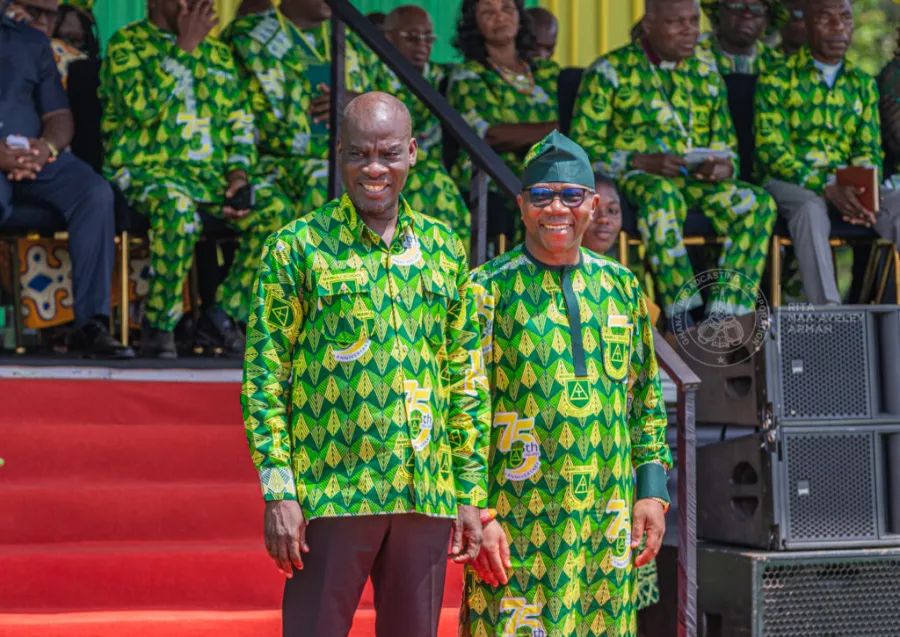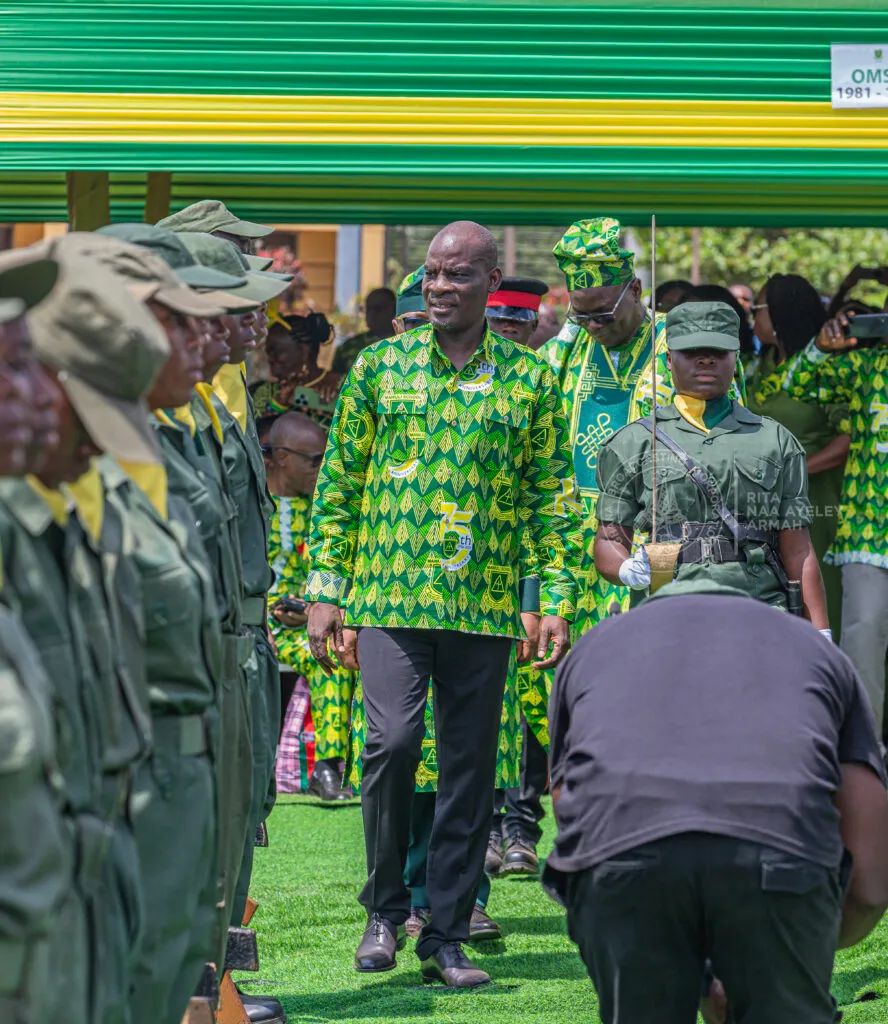The Minister of Education, Haruna Iddrisu, has reiterated that Senior High Schools (SHSs) across Ghana will continue to enforce grooming rules that prohibit students from keeping long hair. He emphasized that schools are meant to promote discipline and moral development, not fashion or personal expression.
Speaking at the 75th Anniversary of Mawuli Senior High School in the Volta Region on Saturday, October 25, 2025, Mr. Iddrisu said the Ministry and the Ghana Education Service (GES) remain resolute in upholding long-standing standards of discipline that have guided Ghana’s educational institutions for decades.
“Schools are not beauty pageants. We cannot turn classrooms into fashion shows,” the Minister remarked, adding that strict grooming rules were essential for character formation and unity among students.
The Minister’s statement follows a recent viral video that sparked public outrage over how grooming policies are enforced in schools. The footage captured a first-year student at Yaa Asantewaa Girls’ SHS in Kumasi weeping as her long natural hair was cut during admission procedures—a requirement under the school’s code of conduct.
The video, allegedly recorded by a barber without parental consent, drew mixed reactions online, with some Ghanaians describing the act as outdated and discriminatory, particularly against students who wish to keep their natural hair.
Education activists and parents have since called for a review of these policies, arguing that they infringe on cultural identity and the rights of female students to wear their natural hair without restriction.

Despite growing public criticism, Mr. Iddrisu defended the policy, saying that the enforcement of grooming standards helps maintain discipline and equality among students.
“If we compromise on hair today, tomorrow it will be about shoes or uniforms,” he said. “The Ghana Education Service and headteachers have the authority to ensure students conform to institutional standards.”
He explained that such rules promote uniformity and minimize distractions, enabling students to focus on academic work and moral growth rather than appearance.
Ghana Education Service Reaffirms Support for Discipline in Schools
The Director-General of the Ghana Education Service, who joined the Minister at the Mawuli SHS event, endorsed the Education Ministry’s position. He stated that the GES would continue to support headteachers and school authorities in enforcing rules that sustain discipline and uphold the country’s educational traditions.
According to the GES, uniform standards, including haircut policies, are part of Ghana’s educational culture designed to reduce social and economic distinctions among students.

This is not the first time hair-related regulations have triggered a national conversation. In 2021, Achimota School made headlines for refusing to admit two students who wore dreadlocks, citing a violation of its grooming policies. The case led to a legal battle that highlighted the tension between institutional rules and individual rights to cultural expression.
Although the courts initially ruled in favour of the students, public opinion remains divided, with many supporting traditional standards of discipline while others call for more progressive reforms to reflect modern Ghanaian identity.
The debate touches on broader social themes about identity, freedom, and the role of education in shaping civic behaviour. In Ghana, where secondary education is a critical stage for social integration and moral instruction, policies on grooming are often viewed as part of character training.
However, human rights advocates argue that some of these regulations may no longer align with contemporary values of diversity and self-expression, especially in a globalised educational environment.
Across Africa, similar debates have emerged in countries such as Kenya, South Africa, and Nigeria, where students have challenged school grooming rules that they believe discriminate against natural African hairstyles or cultural symbols.

As discussions continue, education experts are urging the government to find a balance between maintaining discipline and respecting cultural diversity. Some suggest that schools could adopt flexible grooming guidelines that encourage neatness without suppressing individuality.
For now, the Education Ministry maintains that strict uniform and grooming codes remain non-negotiable. Mr. Iddrisu concluded that Ghana’s schools must preserve their reputation for discipline, which has produced generations of responsible leaders and professionals.
“The values of order, respect, and discipline cannot be compromised,” he said. “They are the foundation of our educational success.”
Read also: Kwakye Ofosu Backs Otto Addo to Lead Black Stars to 2026 World Cup Success

